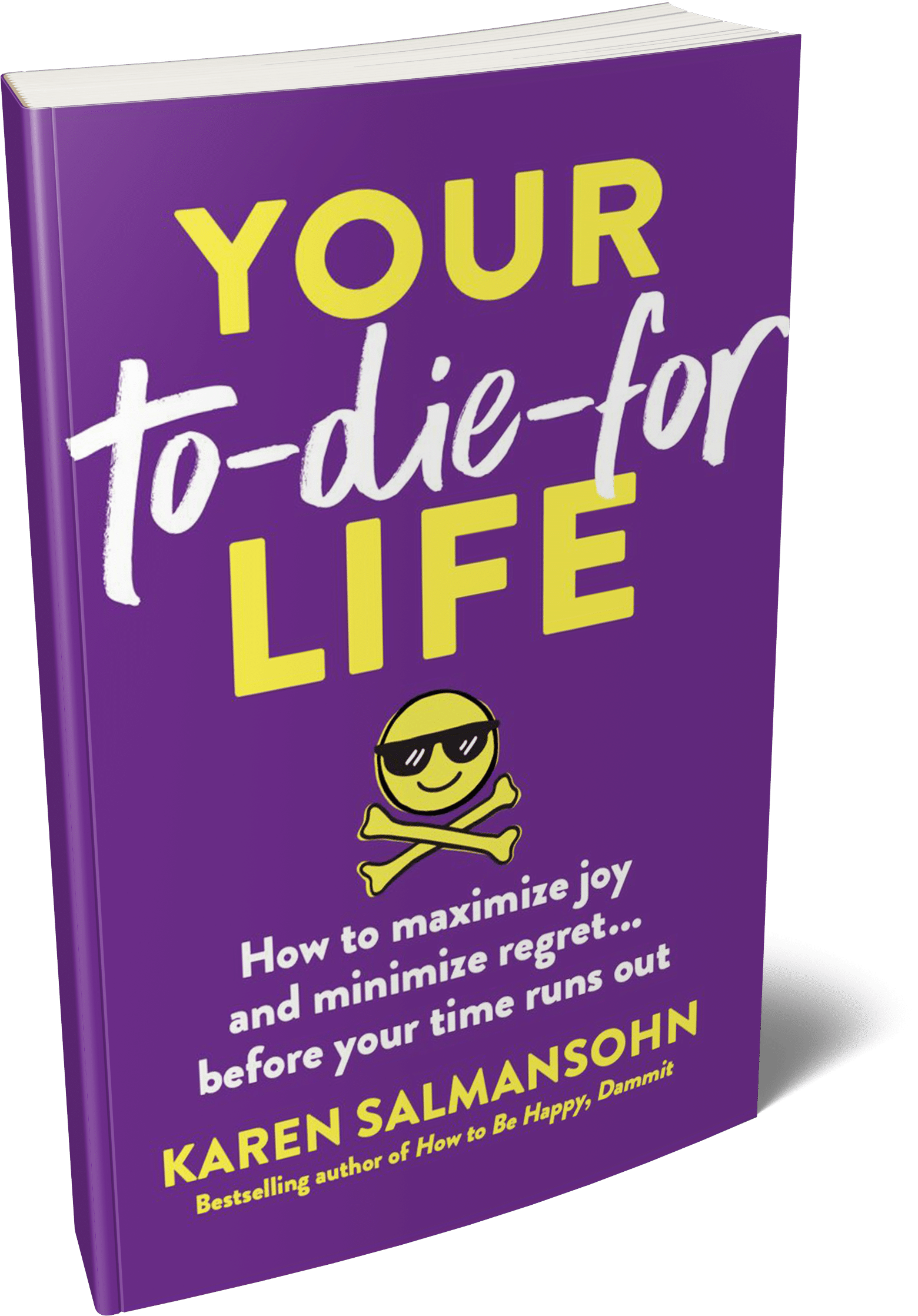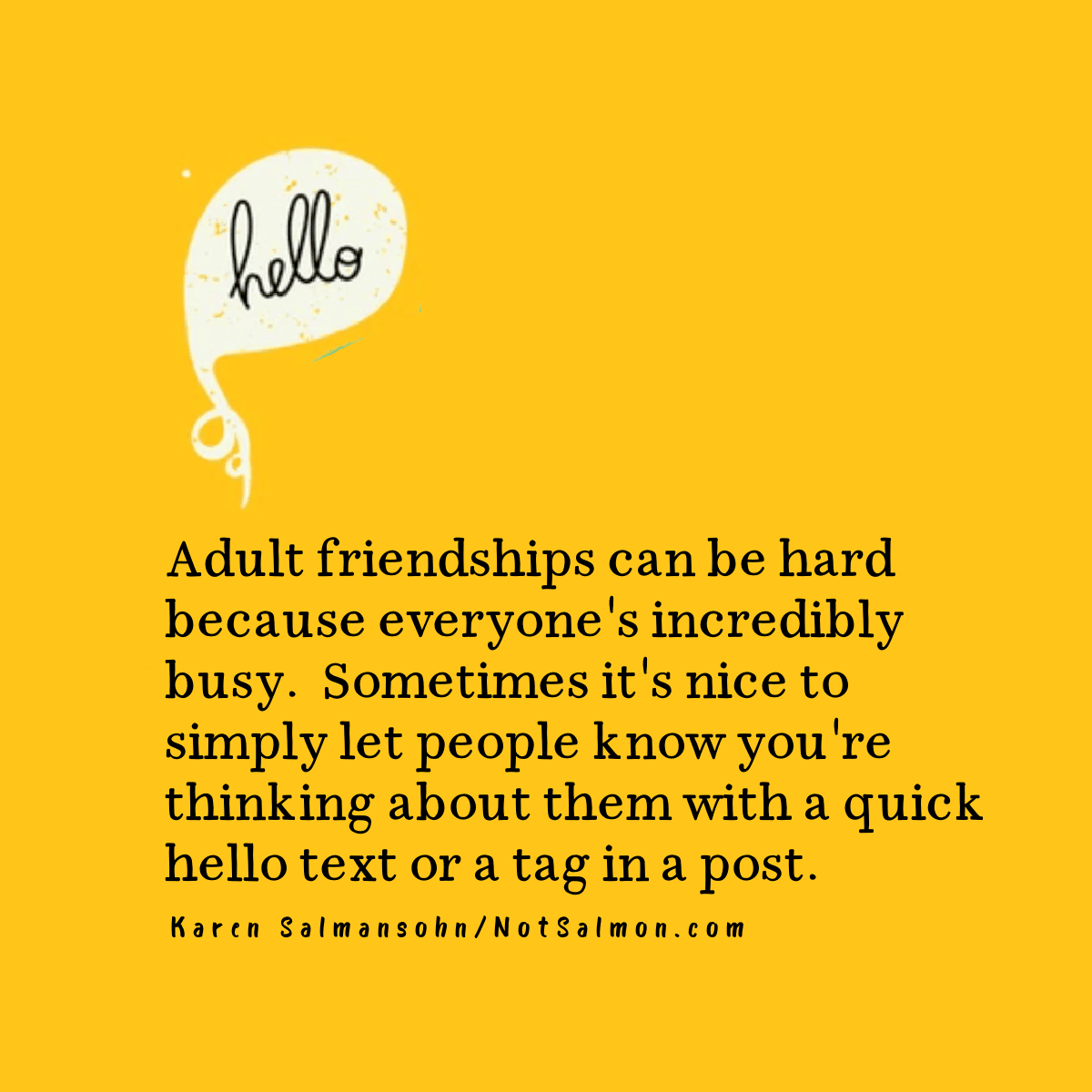
Get A Sneak Peek at my book “Your To-Die-For Life”!
Get a FREE sneak peek! Learn how to use Mortality Awareness as a wake up call to live more boldly.
 Learn about the rise of loneliness – and how to feel less isolated – from a bestselling wellness author and leading Behavioral Change Expert.
Learn about the rise of loneliness – and how to feel less isolated – from a bestselling wellness author and leading Behavioral Change Expert.
Imagine this: Your smartphone has 500+ contacts. And your social media feeds are bursting with updates.
Yet, somehow enjoying a real, live human connection… well, that’s become a more challenging event.
It’s ironic, isn’t it? We can ping a message to anyone – anywhere in the world – in mere seconds – however – the loneliness epidemic is becoming very real.
Loneliness is becoming deeply woven into the fabric of modern society – thanks to a few key factors.
First, there’s urban planning. You’d think that living in packed cities would make us feel less alone, right? Wrong. Modern cities aren’t designed like the old village square where everyone borrowed tools from each other and knew each other’s names.
Today, cities prioritize efficiency and speed over neighborly visits. The result? We’re all speed-walking through life with Bluetooth headphones, avoiding eye contact.
Next up, there’s the impact of technology. Sure, we can video call someone on the other side of the planet, but most of our “connections” are shallow. Social media gives us the illusion of a bustling social life. However, it’s mostly just a highlight reel of people’s best moments – mixed with some politically charged rants and videos of dogs skateboarding.
Our phones keep us company. But it’s a little like keeping a mannequin in your passenger seat to use the carpool lane.
 Humans are pack animals. We’re not exactly wolves, but our social wiring is similar.
Humans are pack animals. We’re not exactly wolves, but our social wiring is similar.
We thrive on mutual grooming – metaphorically speaking.
For example – we like heart-to-heart talks and those solid “I got your back” moments that make us feel less alone in a crazy world.
But here’s where modern life drops the ball.
It’s like someone took our pack and scattered it across a hyper-efficient, overly digital savannah.
Now, instead of face-to-face interactions, we get face-to-screen time.
Our apartments have turned into little isolation pods.
And our primary emotional interactions are with Alexa or Siri. “Hey Siri, am I lonely?” Spoiler alert: Siri doesn’t have the answer.
What happens next? Our brain, this ancient organ fine-tuned for group survival, hits the panic button.
No tribe? Then it must be danger time!
And so we slip into a sort of psychological survival mode. It’s no wonder everyone is stocking up on canned goods and apocalypse kits.
Basically, our bodies don’t really know that being alone in our home isn’t the same as being left alone in the wild. But try telling that to our adrenal glands!
As a result, our brains haven’t quite caught up to our new more isolated realities, where being physically alone in your screen-lit cave doesn’t mean you’re actually in survival mode.
And so people are not only feeling lonely – they’re feeling anxious too!
(Note: I share about this more in my self-paced and therapist recommended audio and video program: The Anxiety Cure Course.)
When you’re feeling lonely, it’s almost as if your brain turns into your least helpful friend, the kind who whispers doom and gloom right when you need a pep talk.
Instead of a helpful, cheerful voice encouraging you to mingle, you’ve got this inner monologue that’s convinced disaster is waiting with every hello.
 Social interactions, which used to be as easy as slipping into a favorite pair of jeans, now feel like you’re stepping into high heels for the first time – wobbly, uncertain, and pretty sure you’re going to fall flat on your face.
Social interactions, which used to be as easy as slipping into a favorite pair of jeans, now feel like you’re stepping into high heels for the first time – wobbly, uncertain, and pretty sure you’re going to fall flat on your face.
Every pause in the conversation – and every missed joke – and every not-quite-right sarcastic comment – all of these things suddenly feel more worrisome – like you’ve lost your ability to connect.
Eventually, over time, instead of scouting for new friends, your brain is on a constant lookout for threats, exhausting itself in the process.
This ramped-up anxiety about interactions turns socializing into a dreaded chore.
And what do you do when you dread something? You avoid it – finding excuses to stay alone in your home – screening calls.
And so loneliness eventually become a self-fulfilling prophecy.
How do you know if you’re lonely? If you’re reading this on your fourth hour of scrolling through social media, that might be a clue.
Plus, sometimes loneliness shows up as a weird urge to start conversations with strangers.
For example, you might find yourself oversharing with the barista who knows your order by heart – but not your last name. A simple question from your barista – about your choice of milk – can suddenly become an opening to spill your worries and dreams. Why? This stranger feels safer than your friends and family to talk to – because there’s no risk in telling things to someone who has no stake in your everyday life.
Basically, loneliness isn’t about the quantity of your interactions. But the quality. It’s the feeling that you’re skimming the surface of relationships – when you crave depth and connection.

Breaking out of this cycle of loneliness requires recognizing your patterns – then doing the exact opposite of what they dictate.
Easier said than done, sure. But it’s essential.
Now that you know exactly how you found yourself in a loneliness spiral, here’s how to pull a U-turn.
If you find yourself needing more personalized support to overcome your feelings of loneliness, let’s chat. I’m not only a leading Behavioral Change Expert – I’m also a recognized Mindset Mastery Coach.
>> Join me for a 1-on-1 Mindset Mastery Session on Zoom.
Loneliness might feel like the modern plague. But it doesn’t have to be your personal apocalypse. Maybe it’s time to turn off Netflix and step outside to meet a friend for coffee or a pottery class together. By actively engaging in strategies to counteract loneliness, you can find your way back to feeling connected.
Explore my nutritionist recommended online program: The Stop Emotional Eating Course.
P.S. Before you zip off to your next Internet pit stop, check out these 2 game changers below - that could dramatically upscale your life.
1. Check Out My Book On Enjoying A Well-Lived Life: It’s called "Your To Die For Life: How to Maximize Joy and Minimize Regret Before Your Time Runs Out." Think of it as your life’s manual to cranking up the volume on joy, meaning, and connection. Learn more here.
2. Life Review Therapy - What if you could get a clear picture of where you are versus where you want to be, and find out exactly why you’re not there yet? That’s what Life Review Therapy is all about.. If you’re serious about transforming your life, let’s talk. Learn more HERE.
Think about subscribing for free weekly tools here.
No SPAM, ever! Read the Privacy Policy for more information.